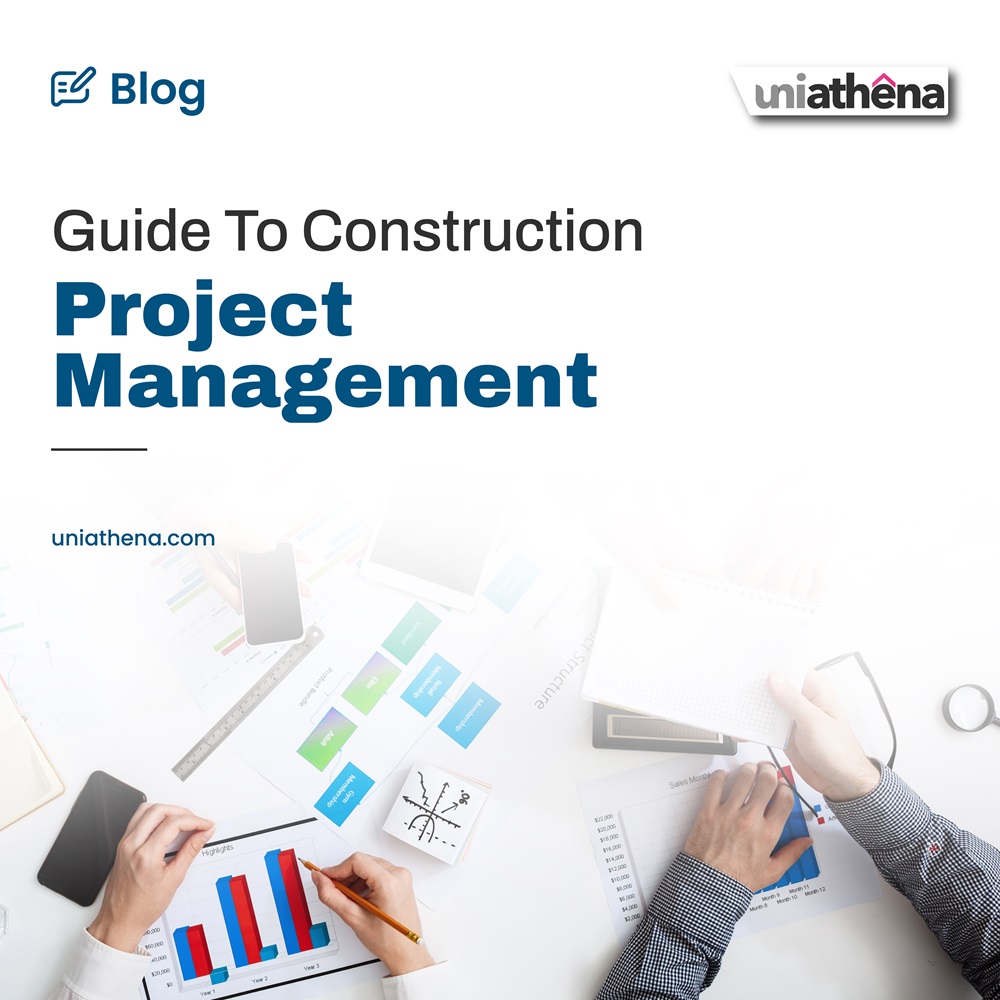Construction Project Management is a well-coordinated machine. Every wheel has its function and if one part goes missing the entire project might suffer. This is why there are multiple facets of Construction Management that a Manager must know. Getting a Master’s in Construction Management online can help you learn about Construction Management's various aspects and functions.
Sectors In Construction Management
Construction Management is not just one type. Depending on the project and the type of building you need to follow different guidelines for Construction Management. Here are some common sectors in Construction Management:
- Residential Sector: Deals with the construction of residential buildings and renovation projects.
- Industrial Sector: Deals with the construction of heavy industrial buildings such as factories and manufacturing industries.
- Commercial Sector: Deals with the construction of commercial buildings such as corporate office buildings, hotels, restaurants, and malls.
Roles In Construction Management
To ensure that all the cogs in the Construction Management machine turn together and work in sync, every role must be well-defined. Here are some of the most important roles in Construction Management:
- Construction Project Manager: They are responsible for managing the team of Engineers and Architects, and communicating between departments for the smooth operation of the project.
- Architects: They design the buildings and structures as per the guidelines of the client.
- Engineers: They are responsible for bringing the client's vision and the architect's design to life.
- General Contractor: They work hand-in-hand with the subcontractors and ensure that all daily tasks are completed by the team on time and within budget.
- Suppliers: They provide raw materials for the project.
- Quality Control Inspector: They ensure that the quality of the materials and the workmanship are aligned with the expectations of the client.
- Safety Officer: They ensure that the work environment is safe for everyone to work in.
- Cost Estimator: They plan the budget for the entire project along with the Construction Manager and are responsible for ensuring that the project stays within budget.
- Surveyor: They survey the site and collect data regarding the measurements of the site. They ensure that the project is appropriately measured for the sight in terms of boundaries as well as height.
- Sustainability Consultant: They are responsible for enabling sustainable practices in the worksite and suggesting alternative ways to improve the environmental impact of the building.
- Permitting Specialist: They work with the legal team as well as local authorities to ensure that all permits are obtained and the construction project is ready to begin.
Understanding The Construction Management Process
Project Initiation
The initiation of a project refers to the process of determining whether a project is practical and feasible. A Project Manager has to collect all the data they have on the project and understand its requirements, budget, timeline, and goals.
If all the aspects align well together with the Construction Manager's team and resources then the project can be initiated.
Project Planning
Once the project is initiated, you can move on to the planning phase. This is where you define your project’s timeline, budget, goals, milestones, and more. You can also determine the team you want to work with on the project and get them involved from the beginning.
The project planning phase is a collaborative process and must take into account everyone’s input. You can start outlining the tasks for each team member, plan your sprints, and contact the third-party resources required.
Project Execution
Once you have a solid plan, it’s time to start following it. Your project takes off in the execution stage. You assign daily tasks to team members and keep track of what milestones are being completed.
Getting a Construction Management Master’s degree can teach you tools and techniques to manage work systems from start to finish for multiple teams. You can track the progress of each team in those systems and ensure that the project stays on track.
Project Monitoring
To monitor the progress of the construction project in the most efficient way, you must have in place KPIs. Key performance indicators will help you track the budget, time, and quality of the project.
Regular monitoring will help you avoid errors and issues in the project process. You can also introduce risk management strategies to ensure your project is prepared to tackle any problems that might occur.
Get Your Master’s In Construction Management Online
UniAthena offers a Master’s in Construction Project Management degree in collaboration with GMU, Italy. It is flexible for all working professionals and can be completed in as little time as a year with the fast-track mode. Explore the free trial now and register for the program.





Comments